The starting prices for electricity in October have fallen to 14-16 cents per kilowatt hour, based on the price lists announced by power providers and the amount of the state subsidy unveiled by Environment and Energy Minister Kostas Skrekas on Wednesday.
Subsidies will continue to cover all consumers and power connections, without income criteria, but from next month a three-tier system will be introduced, with higher subsidies for lower consumption levels and additional discounts to reward energy savings.
In detail, the subsidies in October are as follows:
- For consumption of 0-500 kilowatt-hours per month, the subsidy is 43.6 cents per kilowatt-hour, covering 90% of the increase and 90% of households.
- For consumption of 501-1000 kilowatt-hours, a subsidy of 38.6 cents per kilowatt-hour (corresponding to 80% of the increase) which increases to 43.6 cents (as in the first tier) if consumption is reduced by at least 15% compared to the previous year.
- For consumption of 1001 kilowatt hours and above (applies to 2% of households), a subsidy of 33.6 cents per kilowatt hour. Likewise, if consumption is reduced by at least 15% compared to last year, the subsidy increases by 5 cents and reaches the previous level (38.6 cents).
- For the Social Residential Tariff, the subsidy is 48.5 cents per kilowatt hour.
For natural gas, DEPA will give all household consumers a horizontal subsidy of 90 euros per MWh, which will cover roughly 50 pct of the rate increase. For businesses, the subsidy will be 40 euros per MWh. Subsidies of natural gas for all commercial consumers and industry from the government will reach 40 euros per thermic MWh, regardless of size, turnover or number of employees in October.
Skrekas also announced a 10-euro levy per MWh for power companies for natural gas used by units. The revenue will be used to support vulnerable households, investments in alternative fuels and an expansion of natural gas infrastructure that helps end dependence on Russian gas.
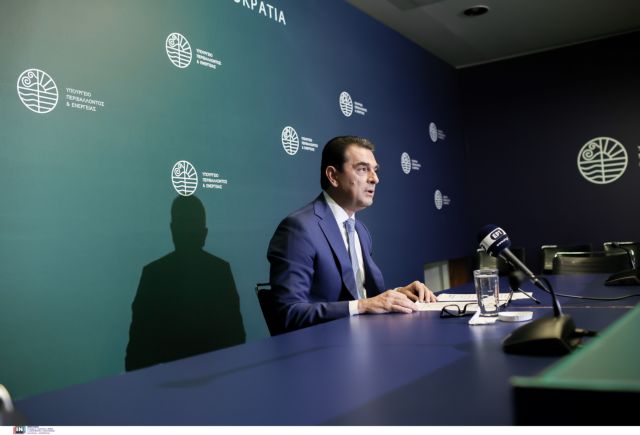











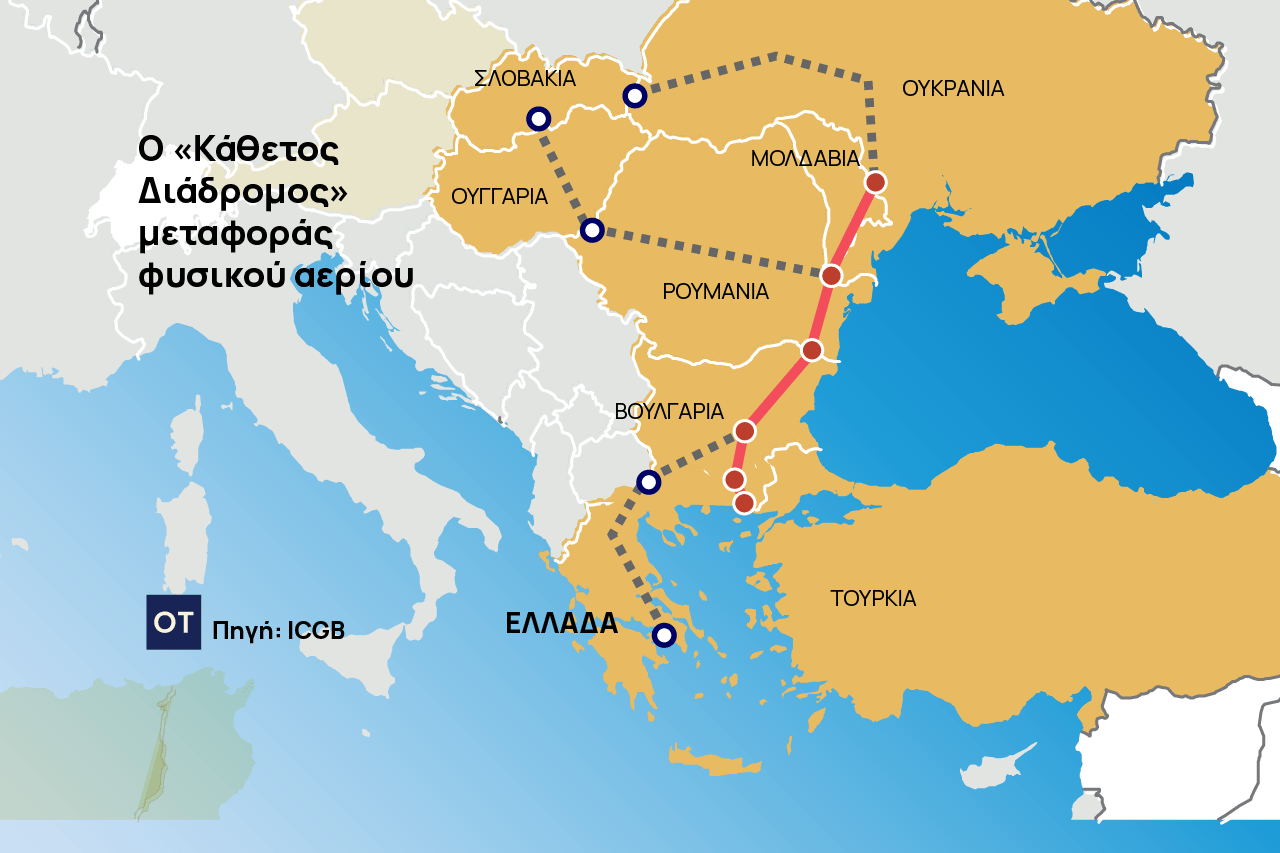







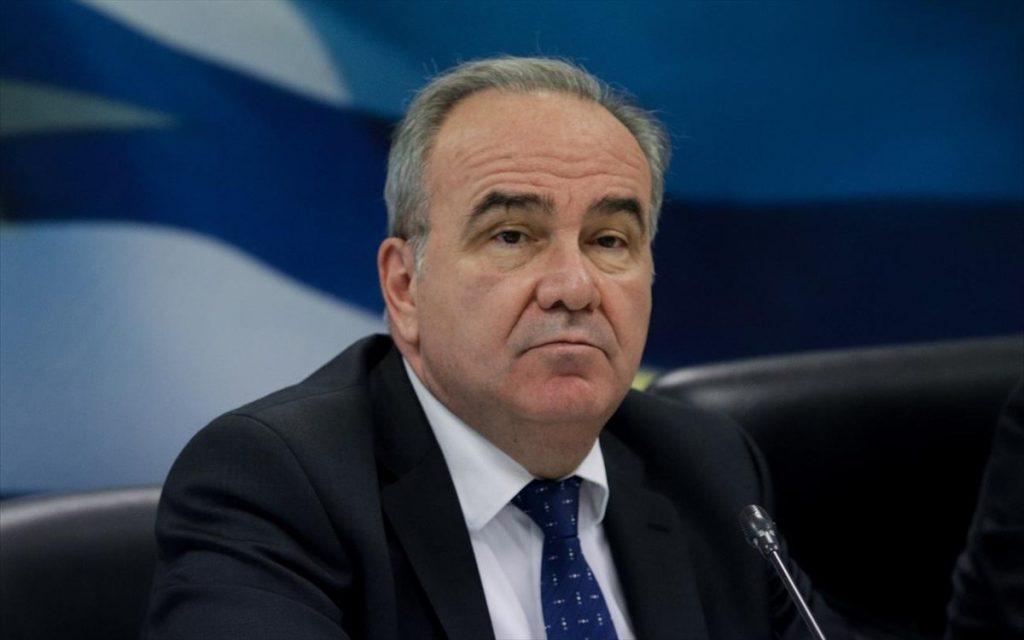









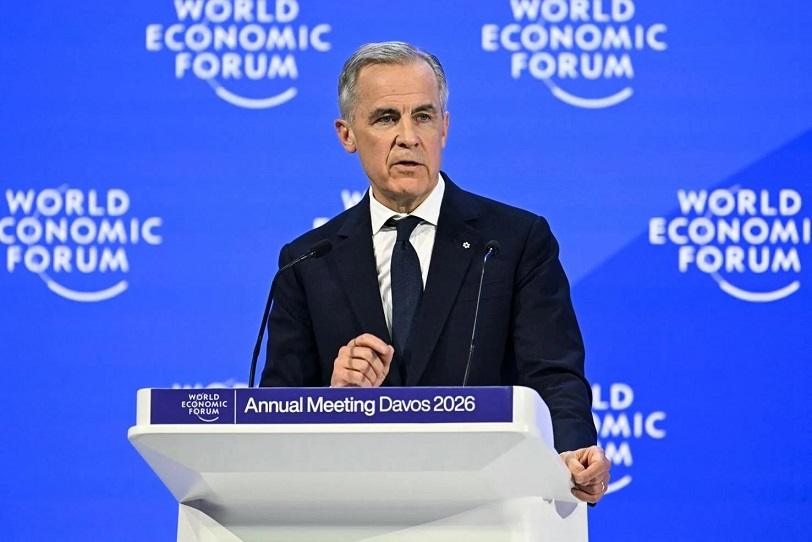


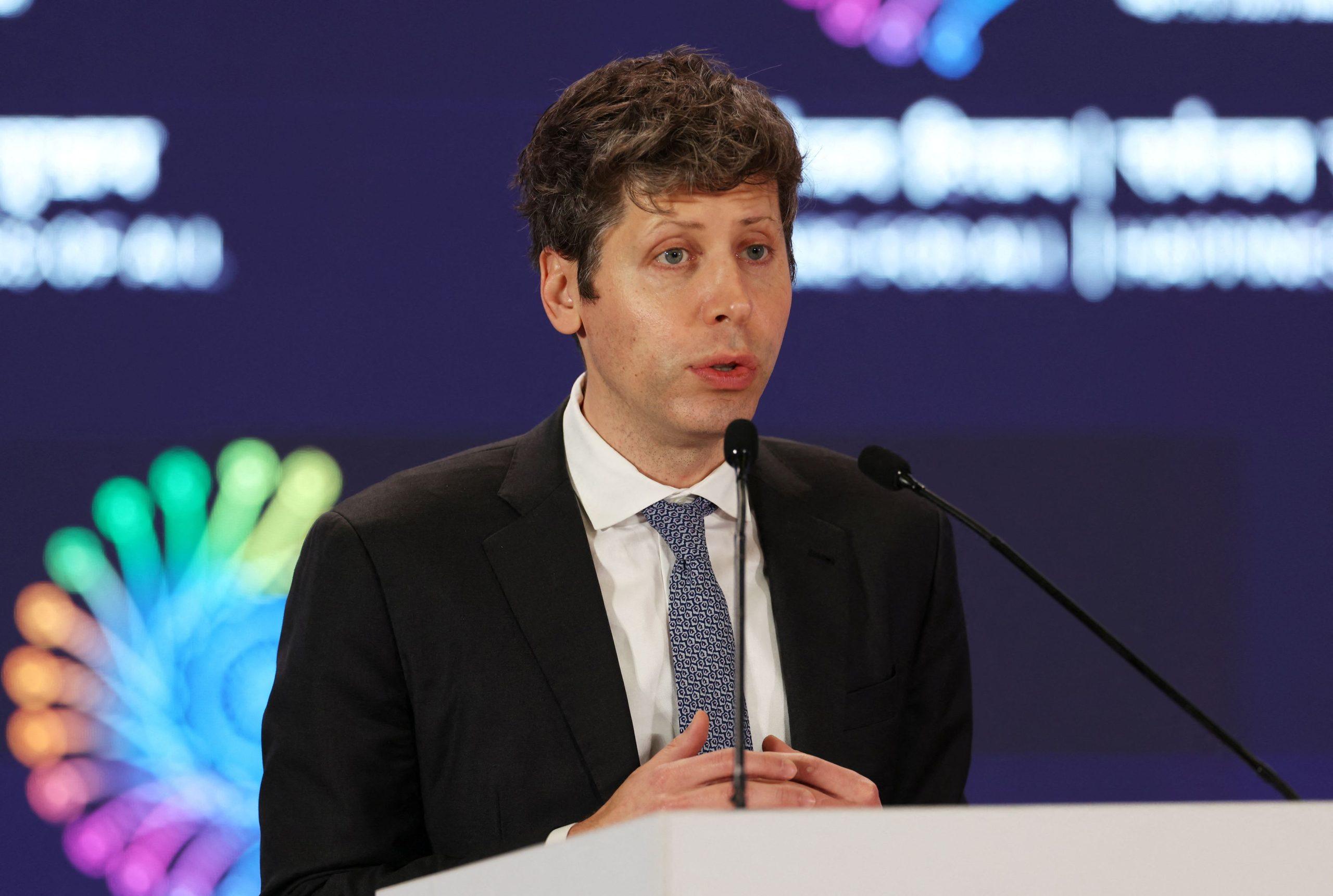

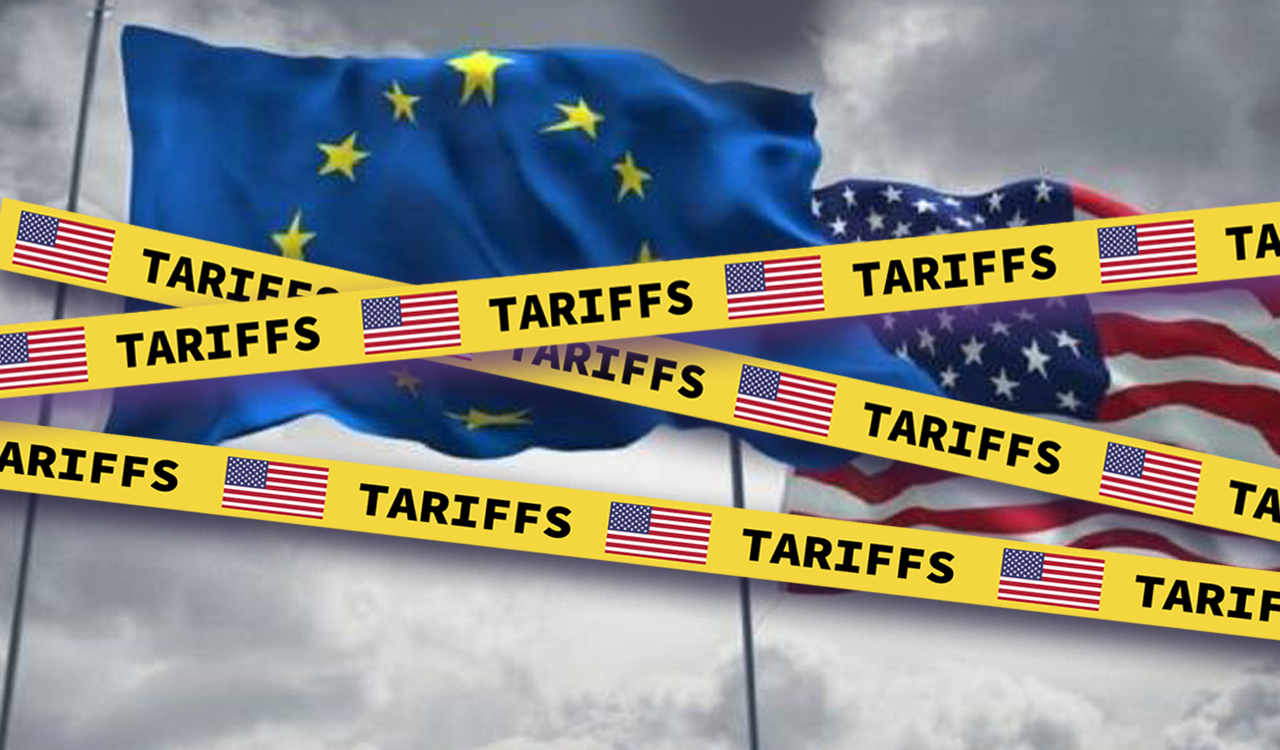



![Ελβετικό φράγκο: Τα SOS για να ρυθμίσετε το δάνειο – Τα κριτήρια [πίνακες]](https://www.ot.gr/wp-content/uploads/2026/02/ot_elvetiko_fragko2-1.jpg)
